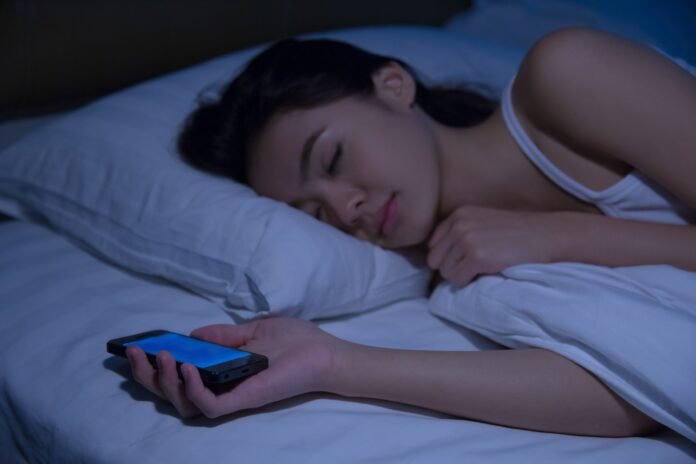The way we sleep has changed a lot over the years. In the past, people would go to bed when it got dark and get up when it was light. But now, with electric lights and 24-hour access to entertainment and work, we can stay up all night if we want to.
Sleep Disorder
This has led to an increase in sleep disorders, such as insomnia and sleep apnea. It has also been linked to other health problems, such as obesity and depression. While there are many factors that contribute to our sleeping patterns, there is no doubt that technology development has had a major impact.
By making it easier to stay awake, technology has made it harder for us to get the rest we need. And unless we find a way to limit our exposure to screens and other electronic devices, this problem is only going to get worse.
Different factors
There are many factors that can affect our sleeping patterns, including our diet, exercise, and exposure to light. So, if you’re finding it difficult to sleep, it’s important to talk to your doctor. They will be able to help you identify the cause of your sleep problems and recommend the best Sleeping Tablets for you.
- Sleeping tablet is one of the most common ways people tried to improve their sleep. They can be effective for some people, but they can also have side effects.
- Sleeping tablets work by depressing the central nervous system. This can make it harder to wake up in the morning and can also cause drowsiness during the day.
- They can also cause some people to feel agitated or restless. In some cases, sleeping tablets can lead to dependency and addiction. So, if you’re thinking about taking Somnifères(sleeping tablets), it’s important to talk to your doctor first.
- Our work and social lives can also affect our sleep.
There are many interesting and amazing details about animals that you may not have known. For example, are dogs mammals Whether you’re interested in animals as pets, food sources, or natural history, you’ll find the information you need on About Animals.
For example, if we work long hours or have a lot of responsibilities, we may find it difficult to get enough sleep. If we’re not getting enough sleep, we may find ourselves more irritable and less able to concentrate.
Types of Sleeping Tablets
Sleeping pills are medications prescribe by doctors to help people with insomnia sleep better. When people have difficulty sleeping, they may turn to medication for help. Sonniferi (Sleeping tablets) can be a godsend for those who suffer from occasional insomnia, but it is important to choose the right type of pill. Benzodiazepines, no benzodiazepines, and herbal supplements
Benzodiazepines
They work by depressing the central nervous system, making it easier to fall asleep. Some common benzodiazepines include Valium and Ativan.
Non benzodiazepines
Non benzodiazepines are newer than benzodiazepines and are often used as an alternative for people who cannot take benzodiazepines. They also work by depressing the central nervous system, but they have a lower risk of dependence and side effects. Some common no benzodiazepines include Ambien and Lunesta.
Herbal supplements
Herbal supplements are a natural way to improve sleep quality. Supplements such as melatonin and valerian root can be bought over the counter and have few side effects. When choosing a sleeping pill, it is important to talk to a doctor about which option is best for you.
How can we improve our sleeping patterns?
There are a few things that can help people to improve their sleeping patterns.
- First, try to stick to a regular sleep schedule as much as possible.
- Secondly, make sure your bedroom is dark, quiet, and cool—a space where you can relax and rest easy.
- Don’t use mobile phones or other electronic devices in bed—the blue light from screens can disrupt your sleep.
- Technology has made it easier than ever to get a good night slept. From apps that track your sleep patterns to smart beds that adjust to your body temperature, there are plenty of ways to use technology to get a better night’s rest.
- If you’re having trouble falling asleep, there are now a number of “sleep aids” that can help. These include everything from white noise machines to meditation apps that can help you relax and fall asleep more easily.
- Finally, avoid caffeine and alcohol before bed, as they can interfere with sleep. If you follow these tips, you should be on your way to a better night’s sleep.
Although the study’s participants were only expos to light from screens for two hours before bed, it’s reasonable to believe that extended exposure to blue light from any electronic device would have a similar effect.
So what can you do to help ensure a good night’s sleep? If you’re using technology in the evening, try to stick to activities that don’t involve screens. And if you can’t completely avoid screen time before bed, try using an app or software program that filters out blue light. Do whatever it takes to get those seven-eight hours of quality sleep each night; your body (and your brain) will thank you for it.
